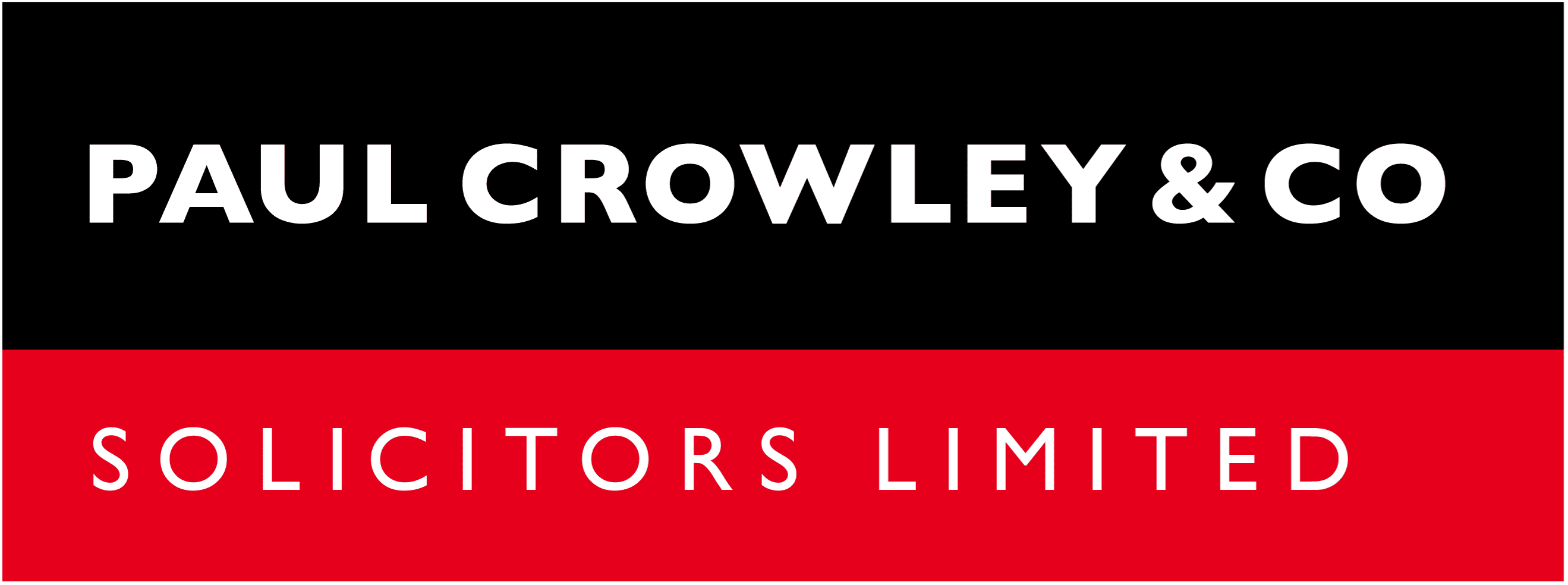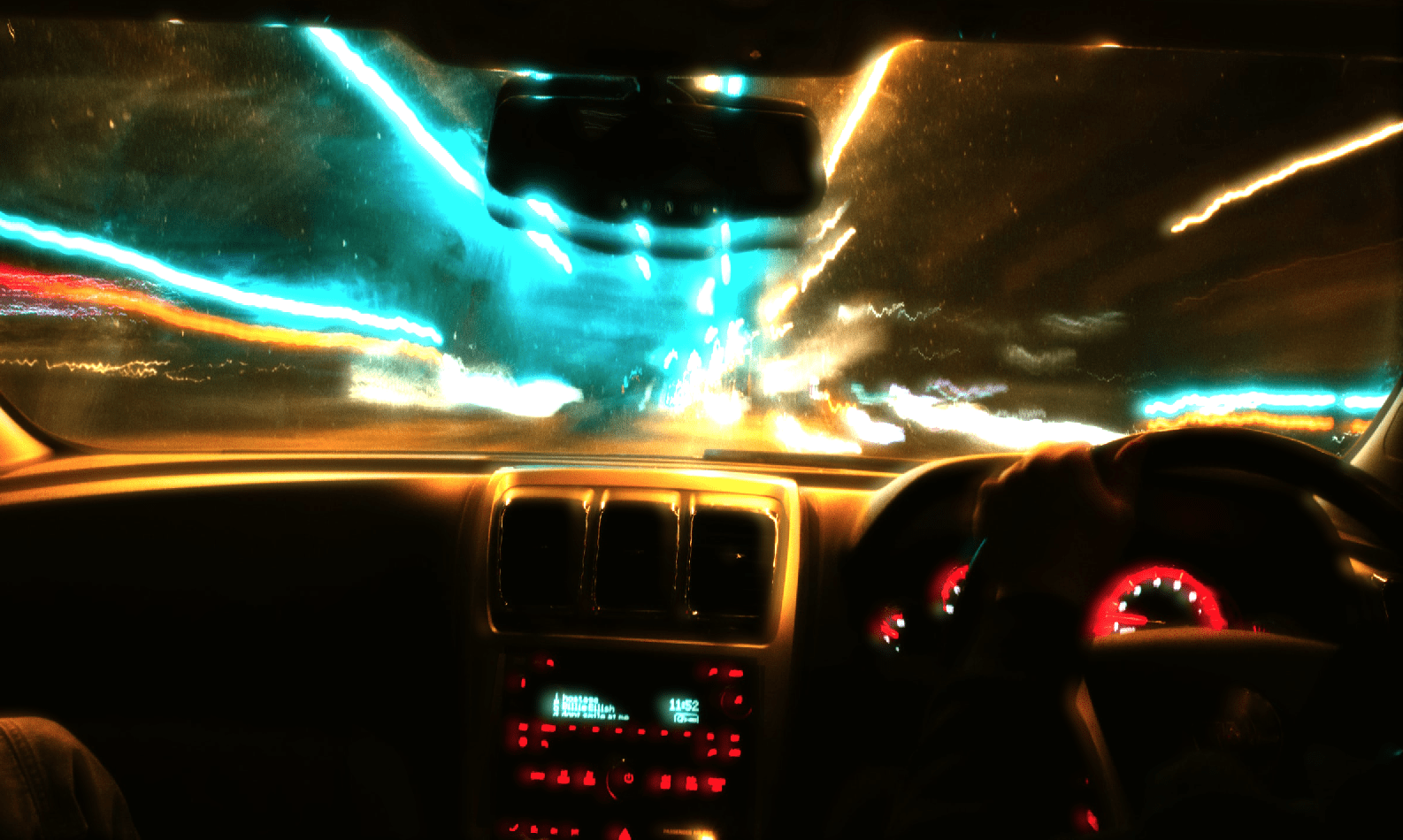Drug driving is the cause of over 1 in 20 fatal car crashes in the UK, and the risk of a fatal injury is more than twice as likely if driving under the influence of drugs.
Not only does driving on drugs make you more likely to injure yourself or others but having a conviction for drug driving can also impact your ability to work and travel.
If you’ve been charged with a drug driving offence, our friendly team of criminal law solicitors at Paul Crowley & Co are here to help you understand what the drug driving limit is, and what happens if you are charged with an offence.
What is drug driving and why is it dangerous?
Drug driving is when someone is in control of or driving a vehicle whilst under the influence of drugs. This applies both to illegal drugs and prescription drugs, as it is an offence to drive under the influence of prescription drugs if you have taken over the legal limit and they were not prescribed.
Emma says: ‘Being accused of drug driving can be an unnerving experience, if you are being charged with a drug driving offence, our experienced team at Paul Crowley & Co will provide you with expert legal advice and representation ensuring you receive the best possible outcome.’
Emma Smith | Director
Paul Crowley & Co solicitors
Driving whilst above the legal limit is dangerous because driving requires you to focus your full attention on the road, and any drugs which impair your senses make you more likely to crash and cause injuries.
Drugs can slow down your reaction times or cause you to take unnecessary risks, so if you have taken illegal drugs, you should not drive. If you take prescription drugs, you should check with your doctor that they will not affect your ability to drive.
We are here to help…
If you require specialist legal advice and would like to speak with a member of our motoring offence team, call Paul Crowley & Co Solicitors on 0151 264 7363.
What are the limits on drug driving?
The drug driving limit depends on which drug has been taken, but if you are found with drugs in your system you won’t be arrested if it is an amount below the legal limit and therefore deemed ‘accidental exposure’.
Here is the limit for some of the most common drugs in micrograms per litre of blood:
• Cocaine: 10 µg/L
• Cannabis/Delta-9-tetrahydrocannabinol: 2 µg/L
• Ketamine: 20 µg/L
• Methylamphetamine: 10 µg/L
• MDMA/Methylenedioxymethamphetamine: 10 µg/L
• Heroin/6-monoacetylmorphine: 5 µg/L
In the case of legal prescription drugs, the limits should always be considered along with medical advice from your doctor:
• Clonazepam: 50 µg/L
• Diazepam: 550 µg/L
• Lorazepam: 100 µg/L
• Methadone: 500 µg/L
• Temazepam: 1000 µg/L
• Morphine: 80 µg/L
• Amphetamine: 250 µg/L
What is the punishment for drug driving?
If the police think you might be driving under the influence of drugs, they have the power to stop you and ask you to do a ‘field impairment assessment’ or a roadside drugs test. If you are found to be over the drug driving limit, you will be taken to the station and charged.
Drug driving laws provide that the penalty for this offence is a driving ban of a minimum of 12 months, an unlimited fine and up to 6 months in prison. The conviction will give you a criminal record and stay on your licence for 11 years.
Being charged with a drug driving offence can also lead to other problems such as difficulty getting insurance, struggling to travel to certain countries such as the USA and even losing your job if it involves driving.
Paul Crowley & Co… on your side
OUT OF HOURS…
We offer advice and representation at Police Stations 24 hours a day, 7 days a week. In the event you need to contact us outside normal office opening hours please call our out of hours number on 07986 211 114.
In the unusual event that you cannot get through on this number, please leave a message or text providing your contact telephone number and your call will be returned within a few minutes.
Follow us on social media
Keep up-to-date with Paul Crowley & Co by following us on social media! Tweet us or message us on Facebook:


